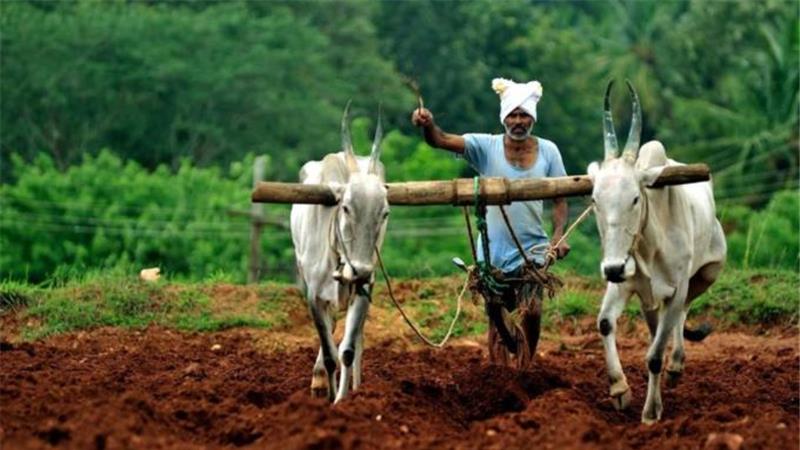Please says Agriculture Minister; NO says Finance

There is a battle afoot between the centre’s ministry of agriculture and ministry of finance. And shockingly, though not surprisingly, the Department of Economic Affairs has cited the surge of deposits in Jan Dhan accounts to counter Agriculture’s request for allowing demonetised currencies for seed purchase reports Indian Express.
While allowing farmers to draw up to Rs 25,000 per week against crop loans, the Finance Ministry has turned down the request of the Agriculture Ministry to permit farmers to purchase seeds using demonetised currencies of Rs 500 and Rs 1,000. At a meeting on Tuesday, November 15, the Department of Economic Affairs cited the surge of deposits in Jan Dhan accounts to counter Agriculture’s request for allowing demonetised currencies for seed purchase. It argued that this may become a conduit to offload black money.
It said that since 16 crore Jan Dhan accounts were already active in the rural sector, these could be used by farmers to exchange currency or withdraw cash for buying seeds and fertilisers.
Agriculture Minister, Radha Mohan Singh had written to Finance Minister Arun Jaitley seeking exemptions available to airlines, railways, petrol pumps and hospitals for all government-run seed agencies to sell seeds for rabi crop until November 24. The letter was written on November 15.
Singh’s argument was that such exemption would allow farmers to purchase certified quality seeds from public sector National Seeds Corporation (NSC) rather than fall back upon low-yielding seeds saved from their earlier produce. This use of saved seeds, Singh wrote, would lower the national output as well as put to waste the high-yielding seeds cultivated by NSC.
Keeping in view that the Rabi target has been fixed at 638.09 lakh hectares of sown area, the Agriculture Minister requested that farmers be allowed to buy seeds worth Rs 10,000 per day using old currency notes until November 24.
As a security measure, he wrote that selling agencies such as NSC, ICAR or state agriculture departments would collect photocopies of identity cards and other details, and get them attested by farmers, if required. Another safeguard could be that no refund of money or return of seeds would be allowed for seeds purchased through old currency notes, he added.
The country is at the commencement of Rabi sowing season and the best time to sow wheat crop is starting November until December 10 after which both quality and yield get affected. Until November 11, India had sown Rabi crop over 146.85 lakh hectares which is 23 per cent of the national target for this year.